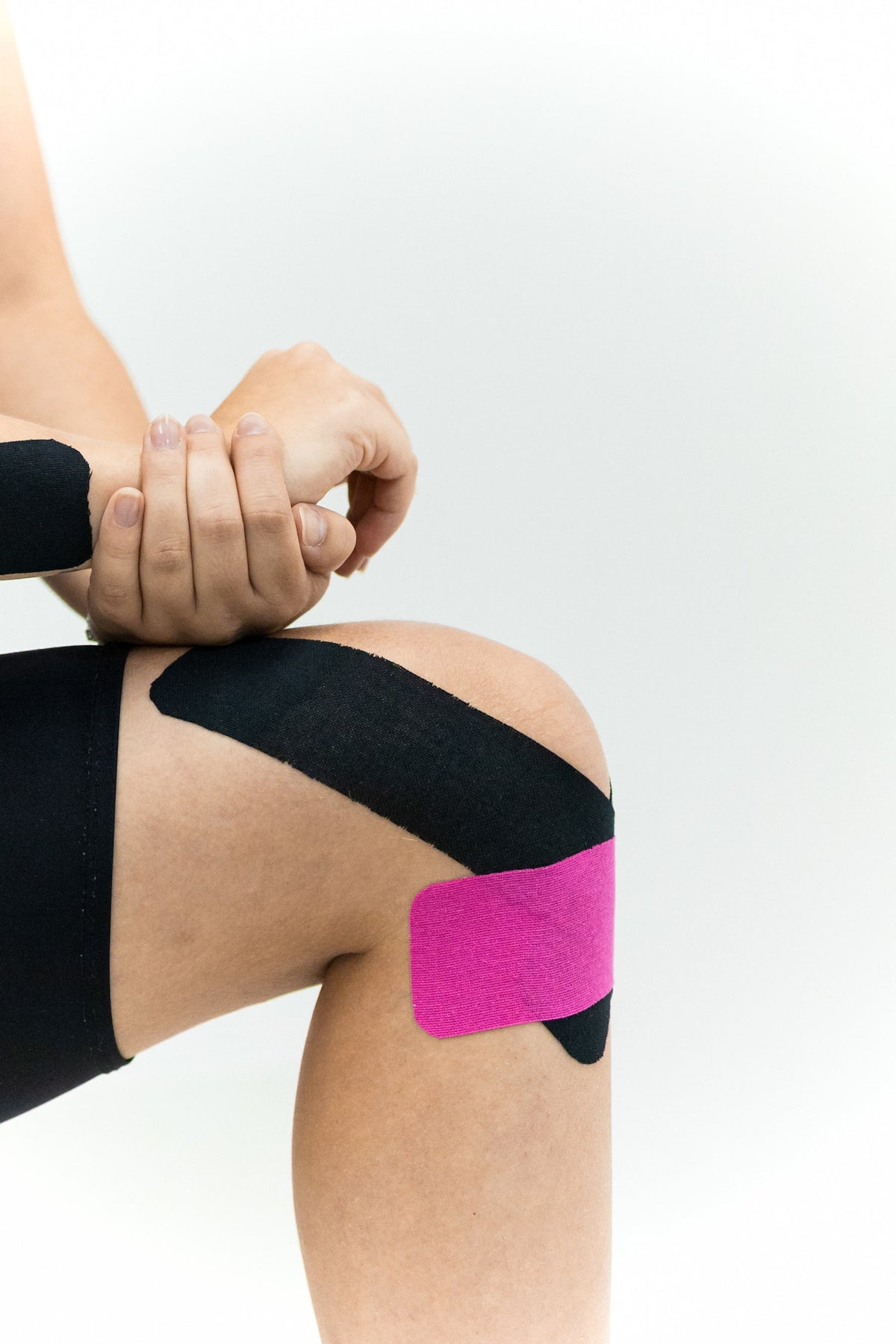
The meniscus is a C-shaped piece of cartilage located in the internal part of the knee. The rubbery yet tough tissue acts as a shock absorber between your shinbone and thighbone. Tearing your meniscus is painful and may make walking and other physical activity difficult.
Unfortunately, it’s easy to tear your meniscus by suddenly twisting your knee while putting weight on it. Meniscus tears are common among athletes because of the physical demands on their knees. In some cases, a torn meniscus may require surgery.
Read below for more information on torn meniscus surgery and what to expect during recovery.
A torn meniscus will usually result in pain and swelling in the knee joint. Both the pain and swelling will likely become worse when performing certain movements, such as pivoting, squatting, or vigorous activities that involve leg movement. Torn meniscus fragments can sometimes get stuck in between the knee joint.
When this happens, it can make the knee lock and make it impossible for you to fully bend or extend your leg. Surgery is generally required at this point to fix and heal the torn meniscus.
Symptoms of a torn meniscus can include:
Treatment for your torn meniscus will depend on the severity of your tear. In mild cases, most doctors will recommend non-surgical treatments first. But for more severe injuries, surgery may be necessary.
There are three different types of surgeries for torn meniscus; arthroscopic repair, arthroscopic partial meniscectomy (removal of meniscus), and arthroscopic total meniscectomy (meniscus replacement). The type of surgery you receive will depend on the severity of your meniscus injury. The goal of most meniscus surgery is to preserve the meniscus tissue as much as possible. However, some injuries may require total removal or replacement of the damaged tissue.
Recovery after meniscus surgery will vary depending on the type of surgery you receive. More complicated procedures may usually take longer to heal than less complicated or invasive procedures. Most meniscus surgery patients can expect to heal anywhere between 3 to 6 months.
Recovering from meniscus surgery will require post-operative care and protection to allow the knee to heal fully. Physical therapy will also likely be suggested to help you regain full function of your knee. You may also have to wear a cast or brace on your knee and use crutches until you can put weight on it. Your knee should not bear any weight until you are adequately healed.
Healing progress timelines for uncomplicated meniscus removal vs. meniscus repair surgery are as follows:
Meniscus surgery has a high success rate when performed by an experienced surgeon. Research shows that up to 90% of patients recover fully from meniscus surgery and can go back to their normal activities. However, how well you recover from meniscus surgery may depend on how well you take care of yourself during recovery.
For best results after meniscus surgery, make sure you are following a post-op treatment plan. Your doctor will give you a list of dos and don’ts during recovery, make sure you follow his or her instructions exactly. The following are general tips for recovering from meniscus surgery that may help you heal faster.
You should not be bearing much weight on your knee during recovery. Let your body rest when you can and use crutches or a wheelchair when movement is required. Putting weight on your injured knee too soon may cause more damage and complications.
If you have a bandage over you incision, make sure to keep it clean and change it regularly. Clean your incision site, when necessary, with soap and water and keep an eye on it for possible infection.
You should be able to eat normally after surgery but try to stick to healthy foods. The body requires more nutrients while in the process of repairing itself. Key nutrients, like the ingredients in NeuraZenx, are vital to the cell and tissue repair process.*
Getting adequate amounts of the right vitamins and minerals may be able to help speed up the recovery process.* A healthy balanced diet along with multi-nutrient supplements like NeuraZenx may help you achieve a higher level of nutrients.*
Applying ice or a cold compress to your injured knee along with keeping it elevated will help to reduce pain and swelling. Keep your injured knee elevated when possible and ice it frequently throughout the day for 10 minutes or more.
Physical therapy will help you regain normal function and mobility in your knee. Don’t dismiss physical therapy and don’t skip sessions. Physical therapy is vital to making a full recovery back to your normal activity.
If you are about to undergo meniscus surgery, know that you have a high chance of successfully returning to your normal routine. By listening to your doctor’s instructions and being vigilant about your post-op care, you may be able to recover even sooner. Be patient with your recovery and you’ll be up and running in no time.
*These statements have not been evaluated by the Food and Drug Administration. These products are not intended to diagnose, treat, cure or prevent any disease.